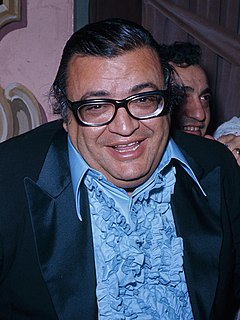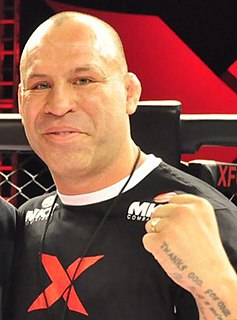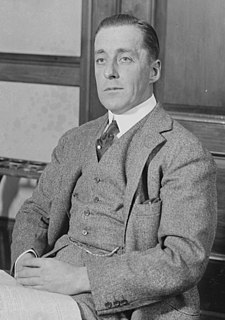A Quote by Nathaniel Branden
In the whole history of capitalism, no one has been able to establish a coercive monopoly by means of competition in a free market...Every single coercive monopoly that exists or ever has existed...was created and made possible only by an act of government...which granted special privileges (not obtainable in a free market) to a man or a group of men, and forbade all others to enter that particular field.
Related Quotes
If a company is not a monopoly, then the law assumes market competition can restrain the company's actions. No problem. If a monopoly exists, but the monopoly does not engage in acts designed to destroy competition, then we can assume that it earned and is keeping its monopoly the pro-consumer way: by out-innovating its competitors.
The mere possession of monopoly power, and the concomitant charging of monopoly prices, is not only not unlawful, it is an important element of the free-market system. The opportunity to charge monopoly prices - at least for a short period - is what attracts 'business acumen' in the first place; it induces risk taking that produces innovation and economic growth.
Anarchism is opposed to states, armies, slavery, the wages system, the landlord system, prisons, monopoly capitalism, oligopoly capitalism, state capitalism, bureaucracy, meritocracy, theocracy, revolutionary governments, patriarchy, matriarchy, monarchy, oligarchy, protection rackets, intimidation by gangsters, and every other kind of coercive institution. In other words, anarchism opposes government in all its forms.
Even if someone wanted a purely free-market, competitive media system, it would require extensive government regulation to set up those markets. All our largest media companies are based on the grant of explicit government monopoly privileges and licenses, or franchises, or subsidies. The government didn't come in after the system was in place, it built the system in the first place.
Even as a young man, Vito Corleone became known as a "man of reasonableness." He never uttered a threat. He always used logic that proved to be irresistible. He always made certain that the other fellow got his share of profit. Nobody lost. He did this, of course, by obvious means. Like many businessmen of genius he learned that free competition was wasteful, monopoly efficient. And so he simply set about achieving that efficient monopoly.
It is not competition, but monopoly, that deprives labor of its product. Destroy the banking monopoly, establish freedom in finance, and down will go interest on money through the beneficent influence of competition. Capital will be set free, business will flourish, new enterprises will start, labor will be in demand, and gradually the wages of labor will rise to a level with its product.
If business is going to continue to sell through the decades, it must also promote an understanding of what made those products possible, what is necessary to a free market, and what our free market means to the individual liberty of each of us, to be certain that the freedoms under which this nation was born and brought to this point shall endure in the future ... for America is the product of our freedoms.





































